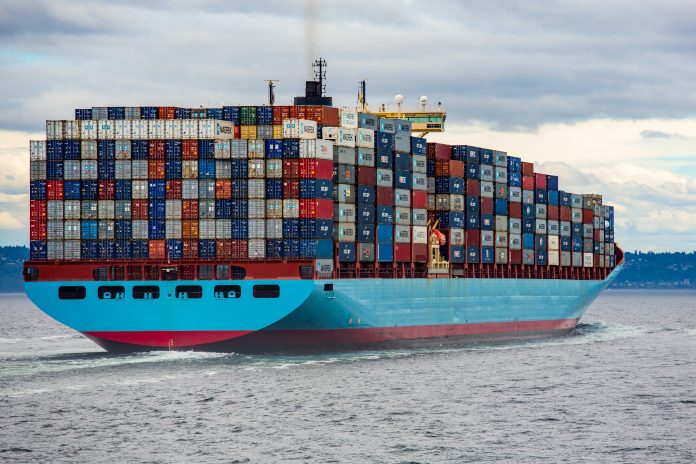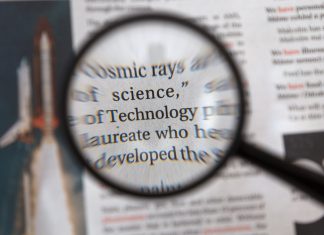In the face of unprecedented market conditions, the intricacies involved in trade surveillance are intensifying at a rapid pace.
This is according to a fresh report by Acuiti, entitled “Trade Surveillance Market Review: Rising Alerts, Rising Complexity,” revealed. Commissioned by Eventus, the comprehensive study delves into the perspectives of senior executives from 64 firms, highlighting a bracing forecast for the escalation of alert volumes and intricate issues in the coming half-decade.
Key insights from the report indicate an anticipatory stance among trade surveillance professionals, with a majority bracing for an uptick in alerts, particularly within domains such as order book manipulation, price manipulation, and market disruptions attributed to excessive messaging. Notably alarming is the projection that the most challenging abuses to discern are precisely where alert volumes will proliferate, presaging mounting strains on surveillance divisions.
The current study, a successor to the pioneering market assessment of 2022, underscores a year fraught with heightened obstacles, including the scarcity of adept personnel and an upsurge in the rigours associated with discerning false positives. Despite progressive strides in automation and the refinement of trade surveillance mechanisms, an overwhelming 90% of participants acknowledged the prevalence of false positives, confiding that a scant proportion, less than 10%, necessitated any form of substantial intervention or disclosure.
Addressing these quandaries, firms are unequivocally eyeing advancements in trade surveillance software, evidenced by 38% contemplating system enhancements in the impending 12-18 months, and an assured 15% concretely poised for such upgrades. Those ahead in this technological curve have cited diminished regulatory perils, heightened compliance team morale, and reduced apprehensions from upper management as pivotal dividends of their investments.
The enhanced features stemming from these technological investments are manifold, encompassing superior investigative apparatuses, an expanded array of available protocols, and the leeway to tailor the software extensively.
Ross Lancaster, head of research at Acuiti, commented on the mounting challenges, “These challenges are exacerbated by challenges in finding skilled staff, which has become even more of an issue for firms since our last report in 2022. These trends are driving firms to invest in automation and increasing the sophistication of their trade surveillance software.”
Echoing this sentiment, Eventus CEO Travis Schwab reflected, “The report clearly illustrates the tremendous pressures and challenges faced by surveillance staff that are expected to grow. Interviews with executives also reinforced the need not only to take the pressure off of these professionals with robust automation but also ensure they have the ability to fully explain behaviours and the procedures that led them to their conclusions.”
Copyright © 2023 RegTech Analyst
Copyright © 2018 RegTech Analyst






